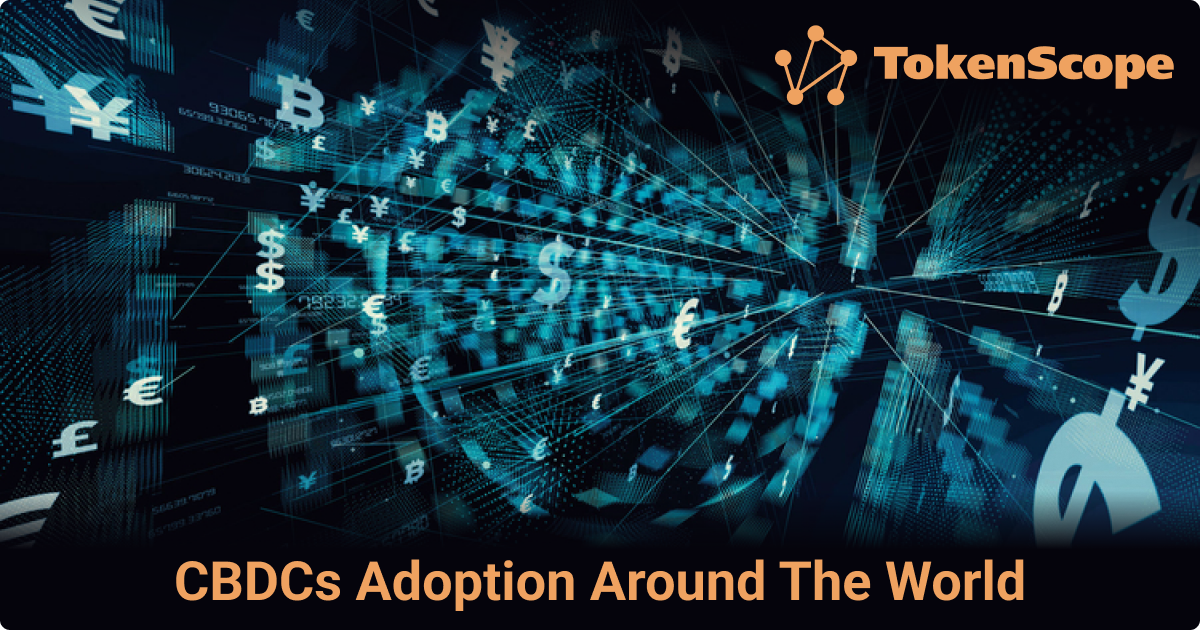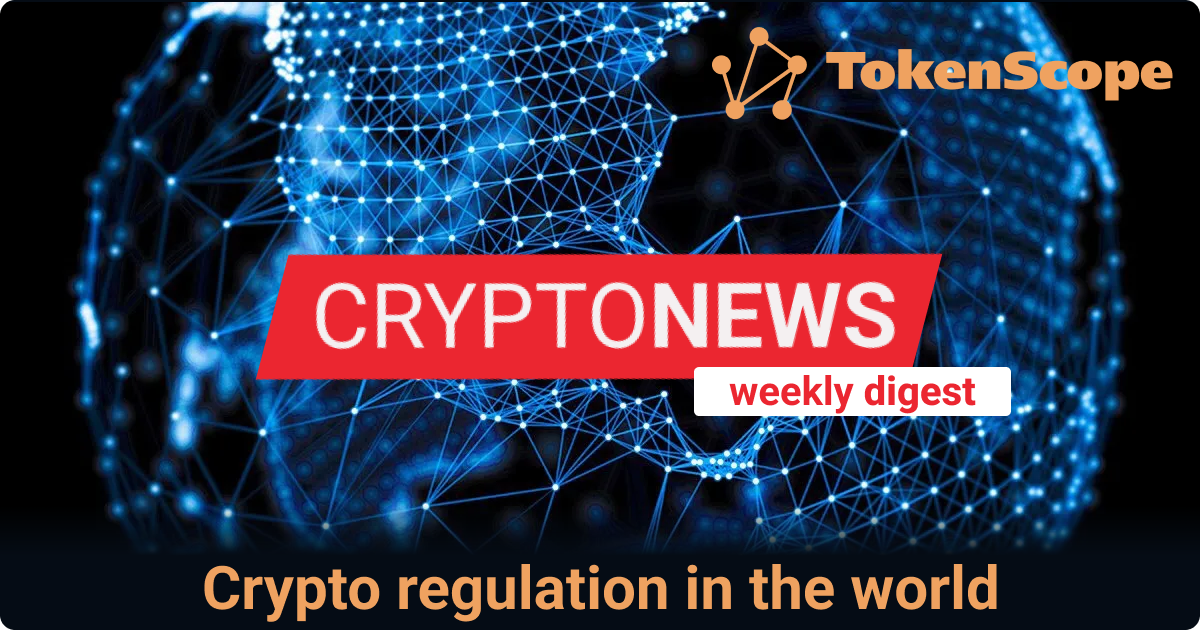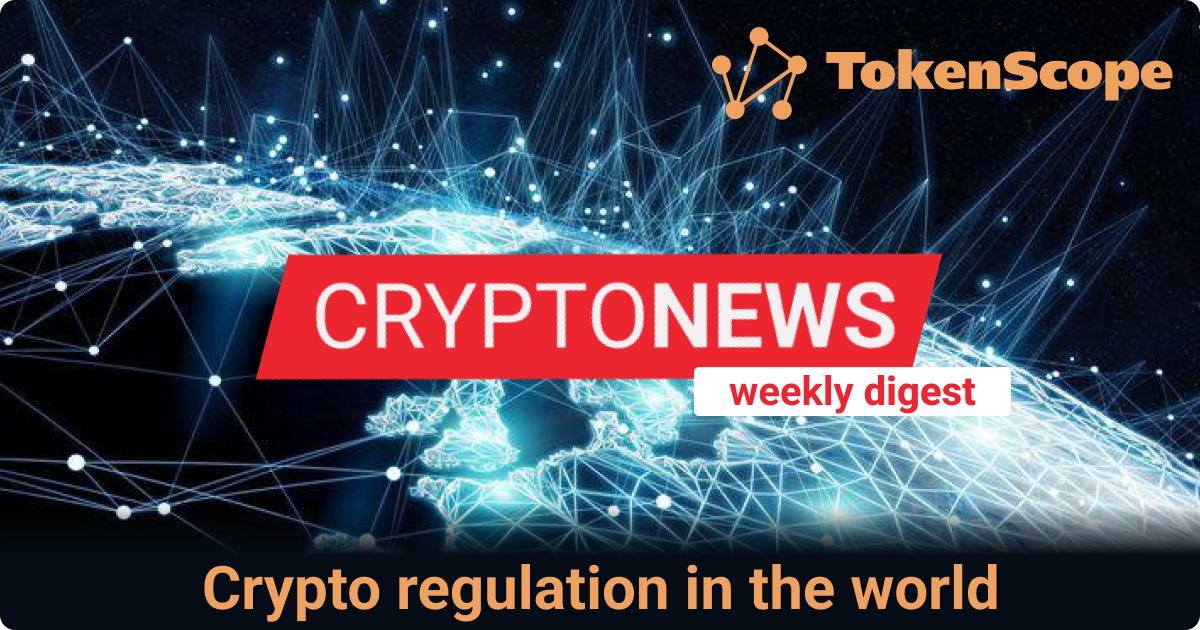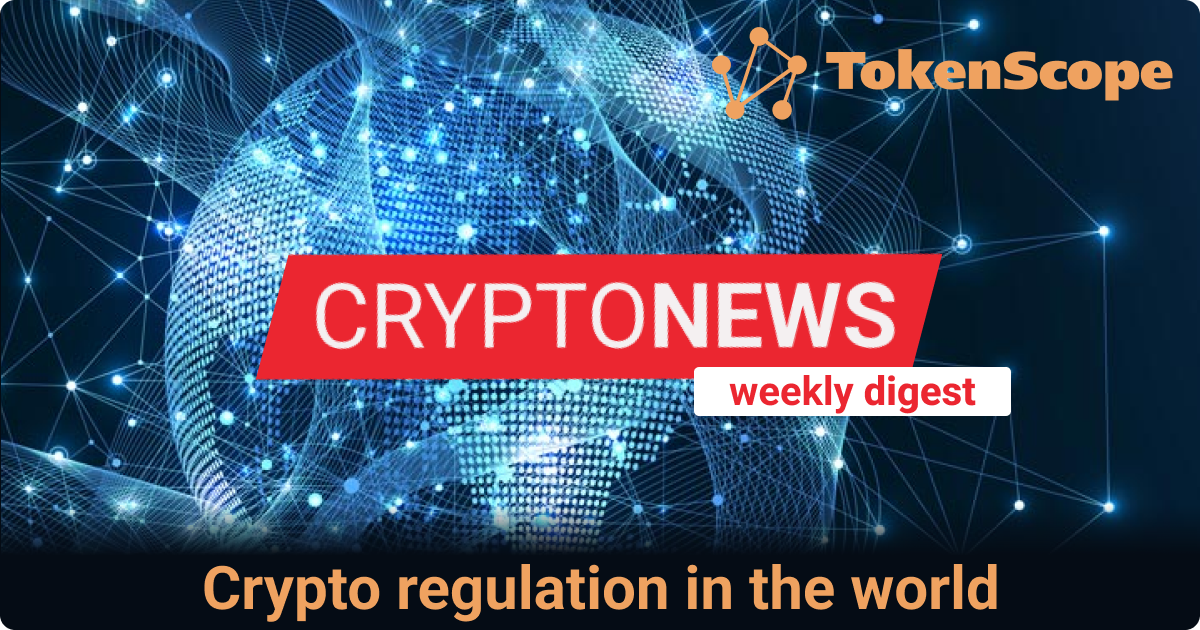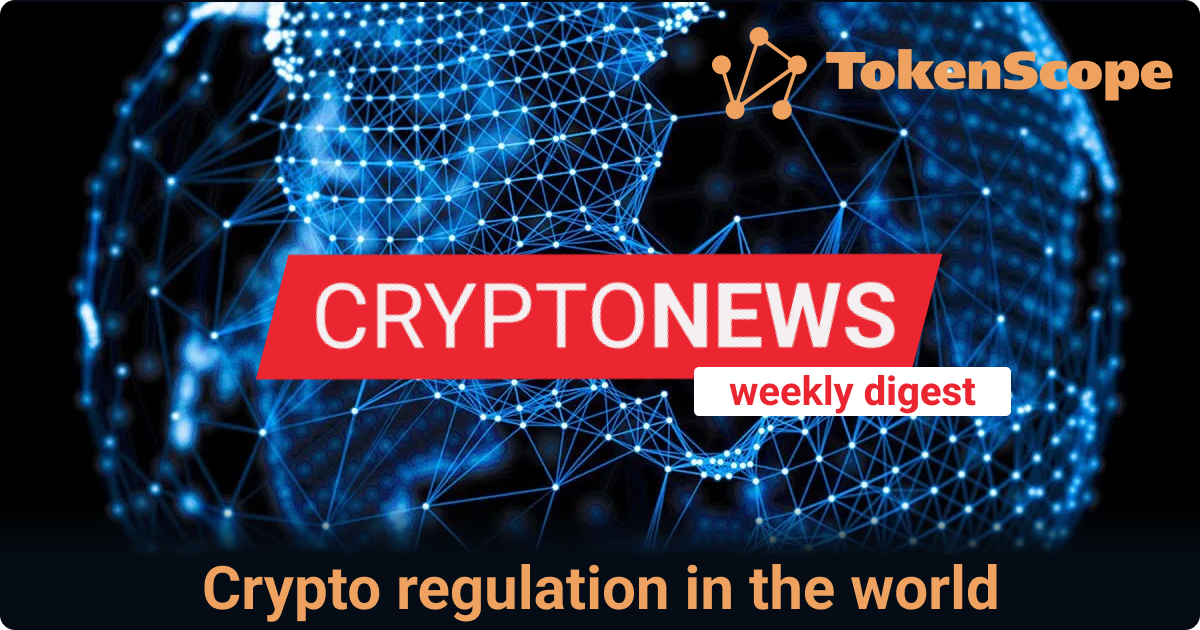Crypto regulation in South Korea
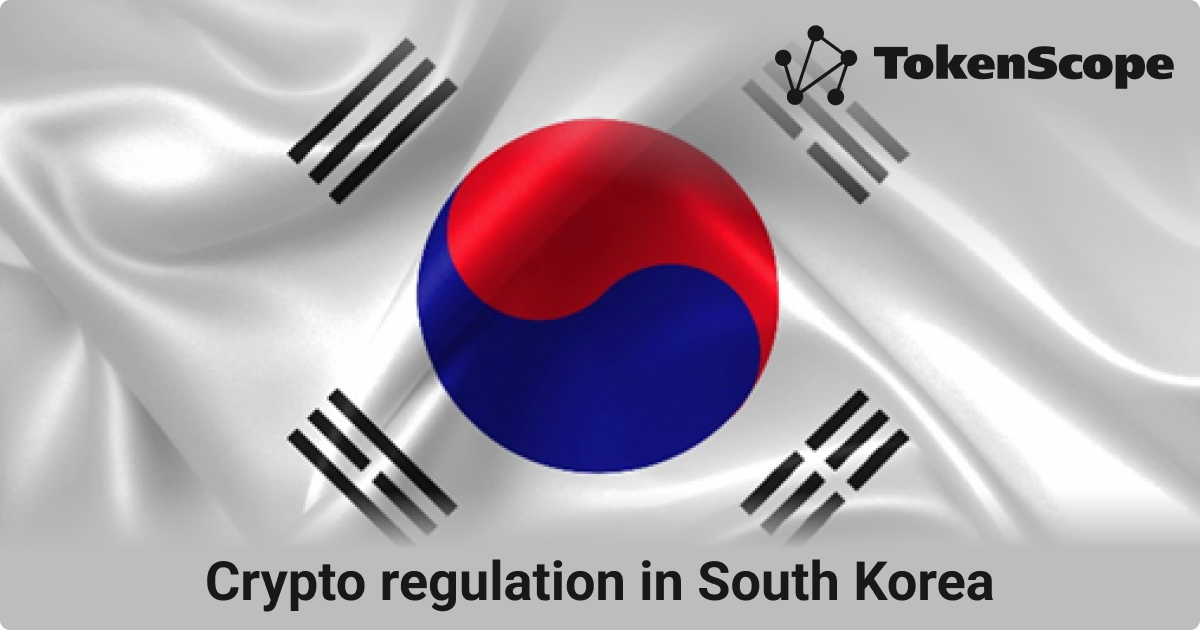
South Korea has become a hub for cryptocurrency trade and investment, with a growing number of young investors seeing cryptocurrencies as a path to prosperity in a context of persistently high unemployment. However, the regulatory landscape surrounding cryptocurrencies in South Korea has been uncertain and evolving.
Understanding the cryptocurrency regulations in South Korea is crucial for anyone interested in the crypto market and its potential future development. One of the critical questions on many people’s minds is the legal status of cryptocurrencies in South Korea and who is responsible for regulating them. The regulatory framework appears to be heavily influenced by the government’s policy stance on cryptocurrency assets, which seems to have undergone a paradigm shift over time.
Cryptocurrencies are popular investments among South Korea's young generation who see them as a path to prosperity in a context of persistently high unemployment. However, the excitement shared by South Korean digital asset investors has not come without consequence — as the excitement has attracted the attention of criminals and regulators alike. South Korea is in the midst of a cryptocurrency crackdown, with regulators taking a more active role in monitoring the industry.
In 2018, South Korea struggled to decide how to regulate cryptocurrency trading, with authorities appearing to row back from earlier warnings of a possible ban of domestic virtual currency exchanges. However, in March 2020, the South Korean National Assembly passed new legislation that paved the way for the regulation and legalization of cryptocurrencies and crypto exchanges. This action was taken in recognition of the burgeoning growing cryptocurrency ecosystem even in the midst of the COVID-19 epidemic. The legislation was designed to oversee an emerging industry and develop rules around anti-money laundering processes.
Virtual Asset User Protection Act
In June, 2023 South Korea has passed the Virtual Asset User Protection Act, which integrates 19 crypto-related bills, aimed at protecting investors from the risks associated with cryptocurrencies. The legislation is groundbreaking and introduces regulations to protect users, such as customer asset protection and anti-money laundering measures.
The act defines digital assets and sets out penalties for unfair transactions involving them. The Financial Services Commission (FSC) will have the authority to oversee and inspect service providers, and the Bank of Korea will have the right to request data from them.
Under the Virtual Asset User Protection Act, service providers in South Korea will be required to comply with stringent regulations to safeguard the digital economy. The requirements for service providers include:
-
Segregation of user assets: Service providers must deposit and manage investors' deposits separately from their own account by depositing the investors' deposits with a custodian.
-
Obtaining insurance coverage: Service providers are obligated to obtain insurance coverage.
-
Holding reserves in cold wallets: Service providers must hold some reserves in cold wallets.
-
Maintaining transaction records: Service providers must maintain records of all transactions.
Non-compliance with the act may result in penalties and regulatory actions imposed by the FSC, which has the authority to supervise and inspect service providers. The FSC may take measures to ensure compliance, such as issuing warnings, imposing fines, suspending operations, or revoking licenses of non-compliant service providers. Punitive measures for unfair crypto trade practices that now can be implemented by the Fair Trade Commission in South Korea can impose a penalty surcharge not exceeding 2% of sales for unfair trade practices, but a penalty surcharge not exceeding 500 million KRW may be imposed if no relevant sales have been made or it is impracticable to compute sales.
Additionally, the act aims to protect virtual asset investors, and non-compliance may lead to reputational damage and loss of trust among users, potentially impacting the business operations of service providers. It is important for service providers to adhere to the regulations outlined in the Virtual Asset User Protection Act to maintain compliance and ensure the protection of investors and the integrity of the digital asset ecosystem in South Korea.
Stablecoins
Despite the growing popularity of cryptocurrency trading, stablecoins are not widely used in South Korea. The adoption of stablecoins appears to be more prevalent in rural areas, as evidenced by a rise in stablecoin adoption in a South Korean county with a predominantly elderly population. However, in recent years stablecoin usage in South Korea has been increasing alongside speculative use of digital assets. Koreans have turned to dollar-pegged digital assets to protect themselves from the volatile nature of the cryptocurrency industry.
The Bank of Korea has disclosed its intention to seek an increase in its statutory powers to regulate stablecoins. The central bank has emphasized that stablecoins pegged to foreign currencies must comply with foreign exchange laws, while those pegged to the Korean won fall under the purview of the central bank. The FSC is also planning to assess the proportion of stablecoins being used on crypto exchanges to address the risk of money laundering.
Also, the collapse of the Do Kwon’s Terra project could have affected the limited popularity of stablecoins in Korea.
Taxation
The tax rate for cryptocurrency transactions in South Korea is currently set at 20% for gains made through cryptocurrency trading. However, it is important to note that the implementation of the crypto tax has been delayed multiple times, and the new implementation timeline is set for 2025. The tax will be applicable if the total income from cryptocurrency trading exceeds 2.5 million Korean won (approximately $2,000).
The Kimchi Bonus
As the conclusion we should mention that the South Korean national crypto market is relatively closed for foreigners as South Korean VASPs aimed to serve only countries’ residents. Due to these peculiarities there are potential profit opportunities that arise from the price discrepancies between the South Korean cryptocurrency market and other global markets. The premium that exists in the South Korean cryptocurrency market, where prices are higher compared to other markets is called «The Kimchi Bonus».
The term «kimchi bonus» is a play on the traditional «kimchi bonus» in South Korea, where employers provide their workers with a bonus specifically intended for purchasing the ingredients needed to make their annual supply of kimchi. The kimchi bonus in cryptocurrencies has been a popular topic among traders, as it presents an arbitrage opportunity to buy cryptocurrencies at a lower price in other markets and sell them at a higher price in South Korea. However, the kimchi bonus has been volatile and has fluctuated over time. In some cases, the kimchi bonus has disappeared entirely, and South Korean cryptocurrency prices have been lower than global prices, which is referred to as the «reverse kimchi bonus».
